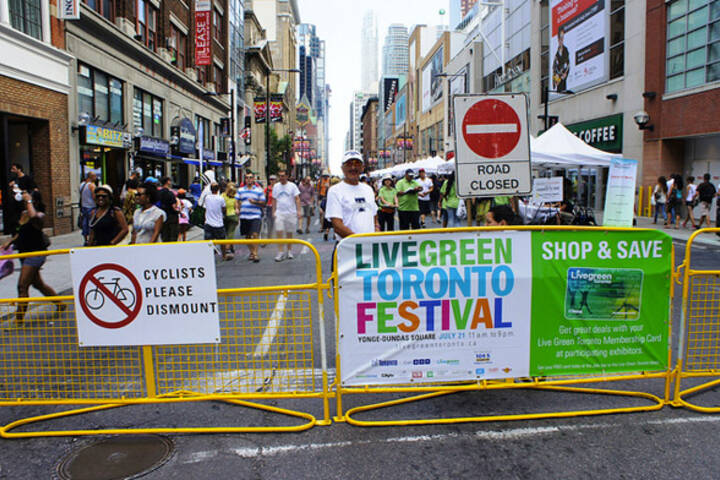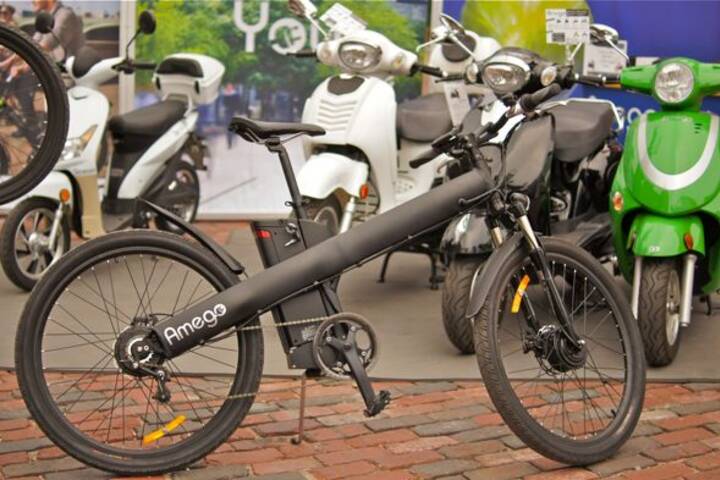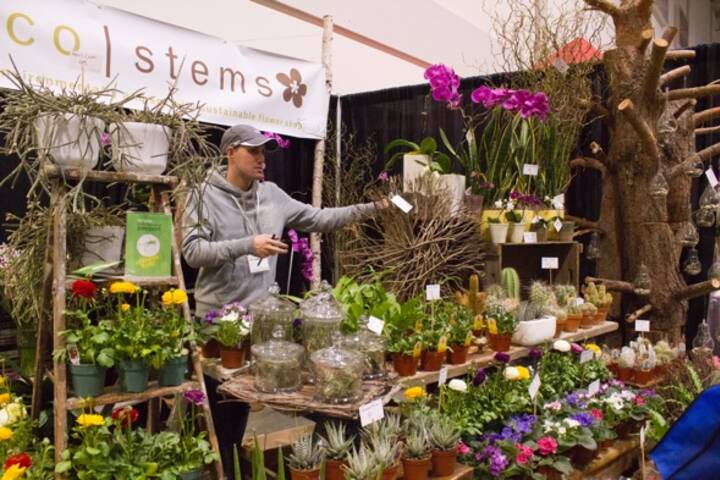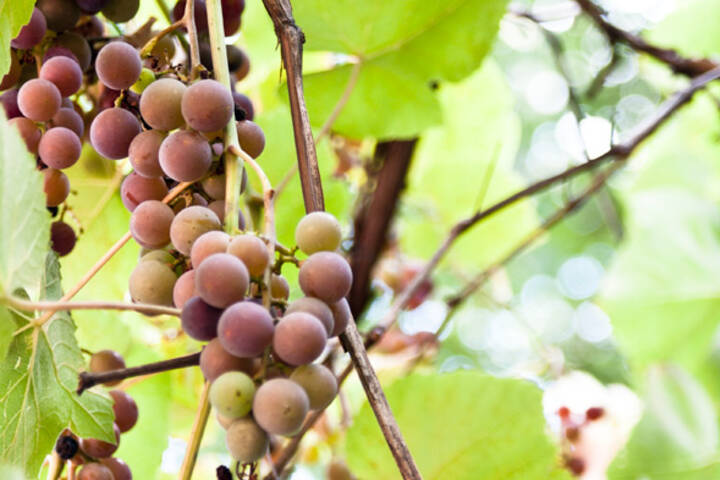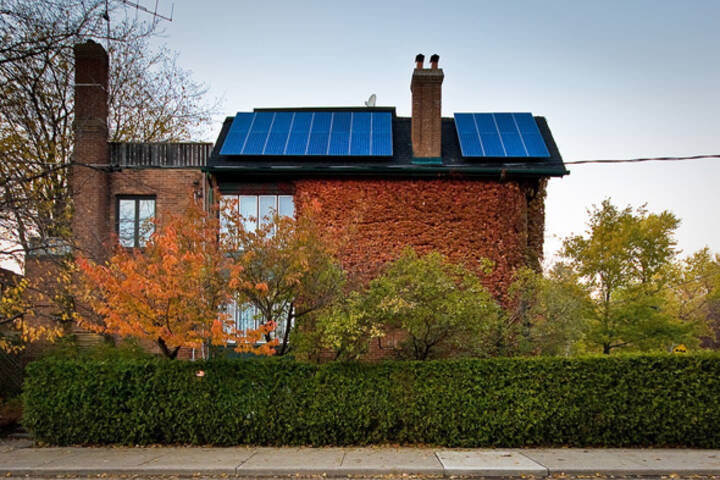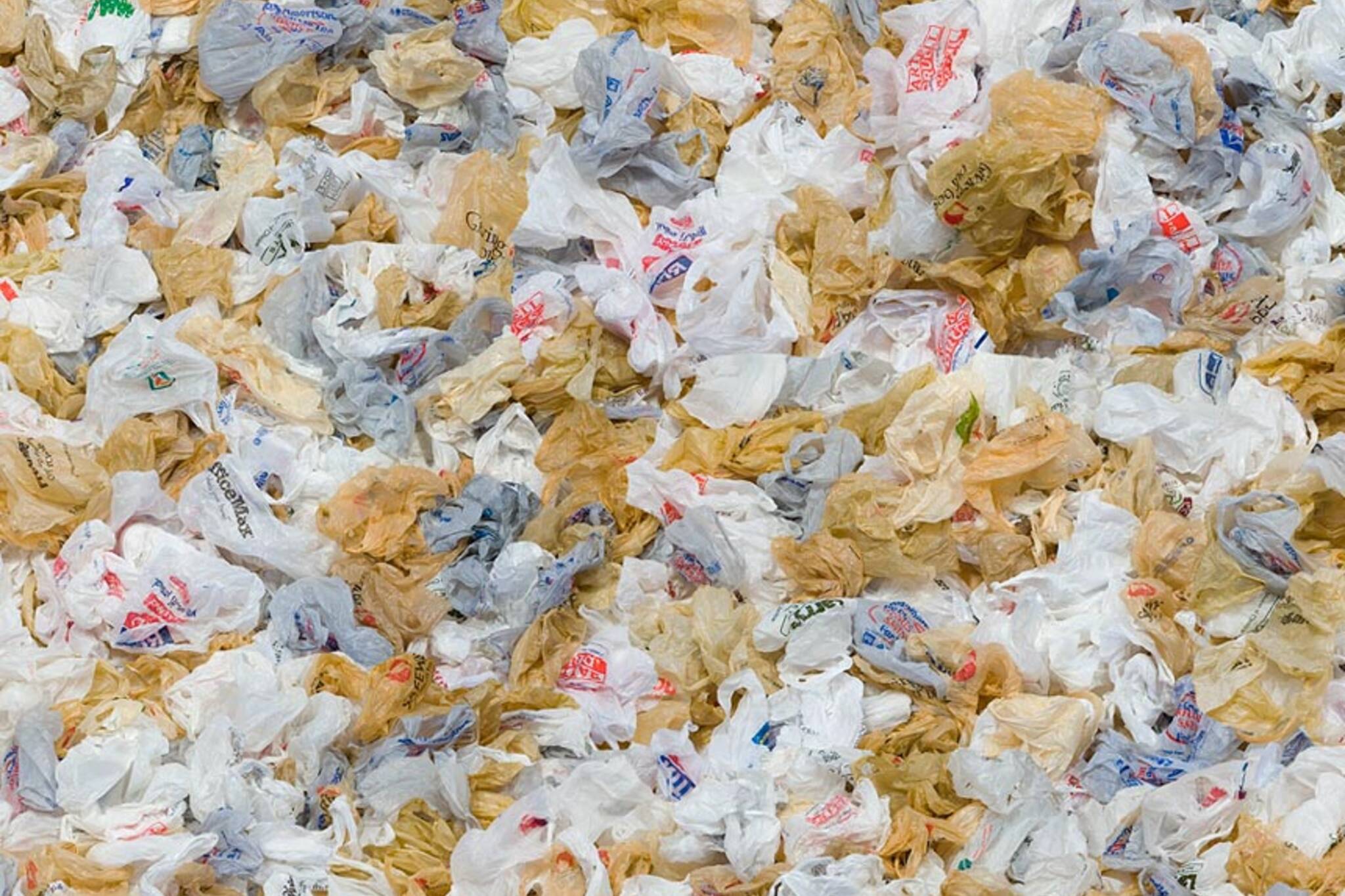
Plastic Bag Ban Talk
Photo from Chris Jordan photographic arts.
Talk of banning plastic bags is nothing new. In fact its a pretty hot topic in Toronto and across the province. But the issue has recently been spurred on by a possible move by the provincial government.
As reported by the CBC and elsewhere in the media in recent days, Premier McGuinty is considering banning the use of plastic bags by its LCBO stores. Stopping short of saying a ban has been decided on, the premier was quoted as saying "I think we should give that some real consideration... It's something that obviously we should take a look at."
The comments are being reported on along with a move by Nova Scotia to phase out plastic bags in liquor stores by this fall. There they are offering customers free cloth bags if they buy three bottles of wine this month. Liquor store bags are particularly vulnerable to criticism, being thicker than the average plastic bag due to the heavy products they sell. But if consumers are willing to fully embrace cloth bags, as some claim, this shouldn't be an obstacle to ditching the plastic. Most LCBO stores already offer optional cloth bags as an alternative.
The prevalence of "eco-friendly" branded bags being offered at grocery and other stores across Toronto is already quite remarkable. So are we ready for a more sweeping action such as one that would ban plastic bags completely or make consumers pay extra to account for the cost of disposing them at end of life? Ontario's official plan is to reduce the number plastic bags used by 50 percent by 2012. This ambitious target might force the province to consider following examples that have received international attention such as the ban in San Francisco (plastic bags have been outlawed in favor of biodegradable ones made from potato starch instead) and consumer taxes in Ireland.
While it may be the case that a ban is a no-brainer, its also worth thinking about what that would mean for people. Don't forget about all the secondary uses for plastic bags, some of which actually help reduce litter. Like using them at home for small waste baskets, organizing recyclables, and in Toronto they are acceptable to use in the green bin organics program. Plus how would dog owners around the city pick up after their dogs without plastic bags?
Although cloth bags may not last forever, they seem like a clear winner over the paper alternative which has been criticized for requiring more resources to produce. Clearly consumers might have to cough up more money to cover the cost of moving away from plastic and its not certain everyone would happy about that. The question remains: are plastic bags a big enough problem to warrant so much attention and an eventual ban? For those that may be interested in looking further into the issues around plastic bag use, Plastic Bags: Friend or Foe?, is an entire website devoted to the topic and a good place to start.
Plastic Bag Quickfacts
- plastic bags can take up to 500 years to degrade
- the Canadian Plastics Industry Association claims Canadians bring home an average of 200 plastic bags annually
- in Britain studies have shown only one in 200 bags issued are recycled, with the rest comprising 1.5% of all material in landfills
- a standard plastic grocery bag costs about a penny to produce, compared with 4 cents to 5 cents for a paper bag
- compostable plastic bags would cost from 8 cents to a dime
- a recent study in Australia found that banning plastic bags would cost the economy A$1 billion (around $900m) and result in job losses
- taking effect on June 1st, China has banned the free use of ultra-thin plastic bags requiring that consumers be charged if stores are to use them
Latest Videos
Latest Videos
Join the conversation Load comments


